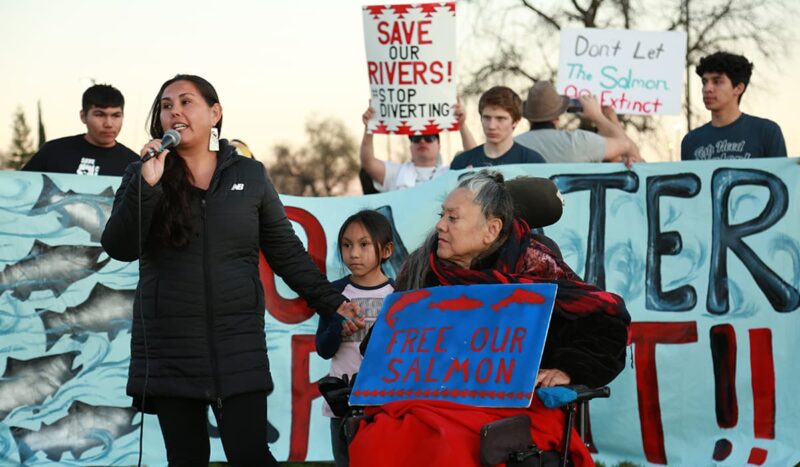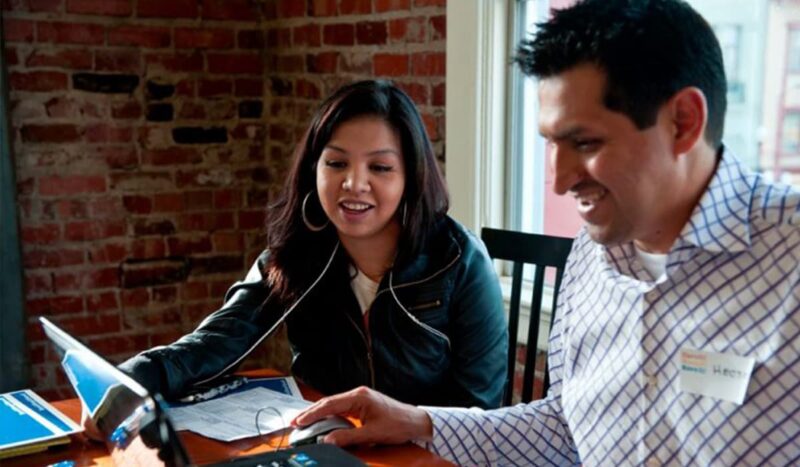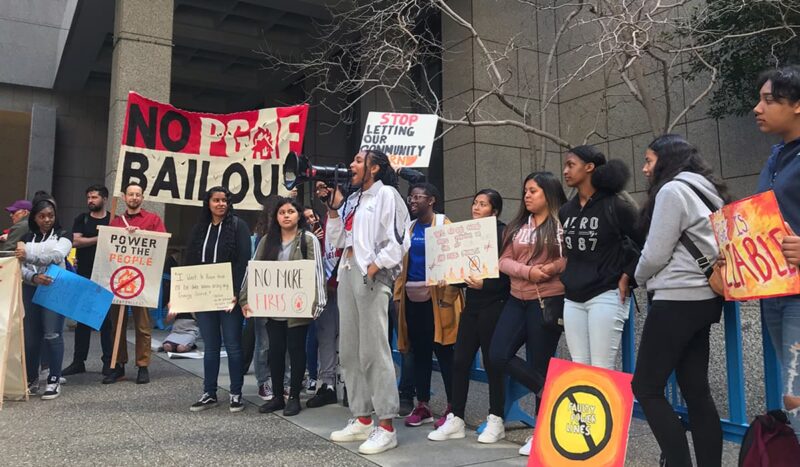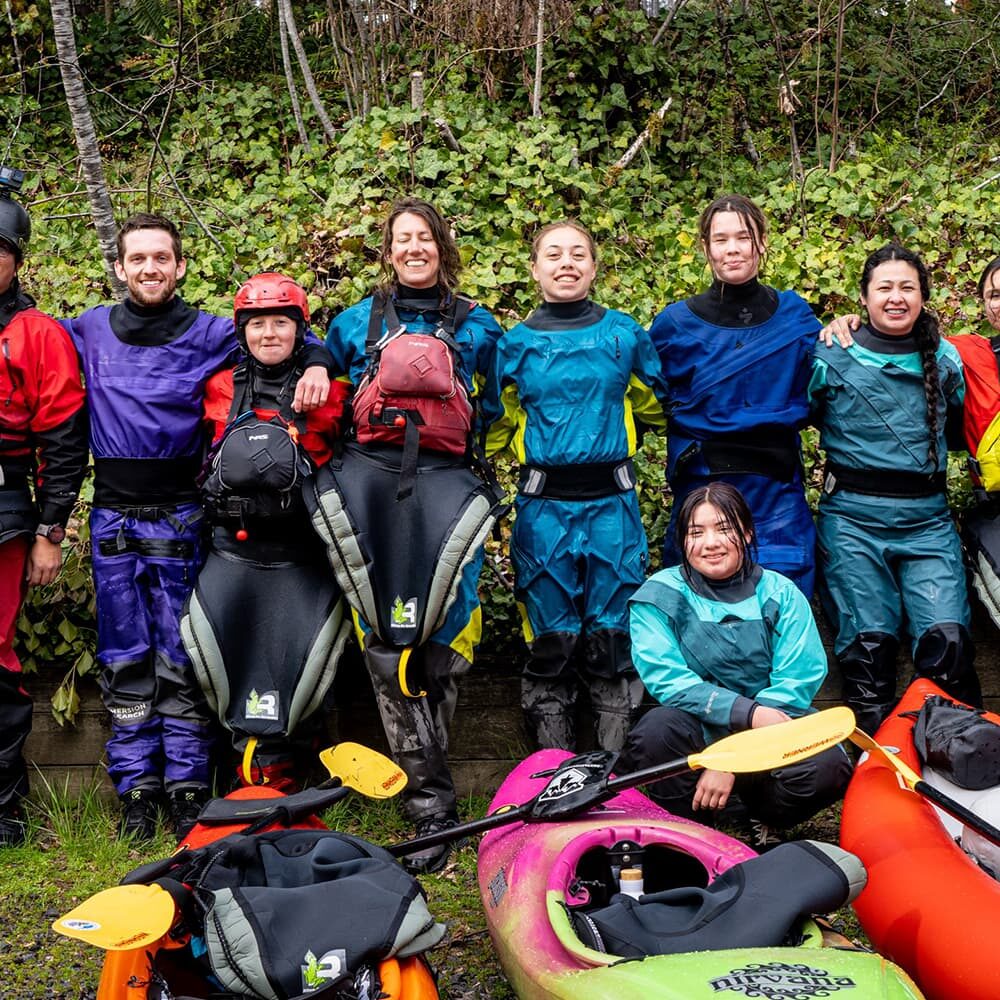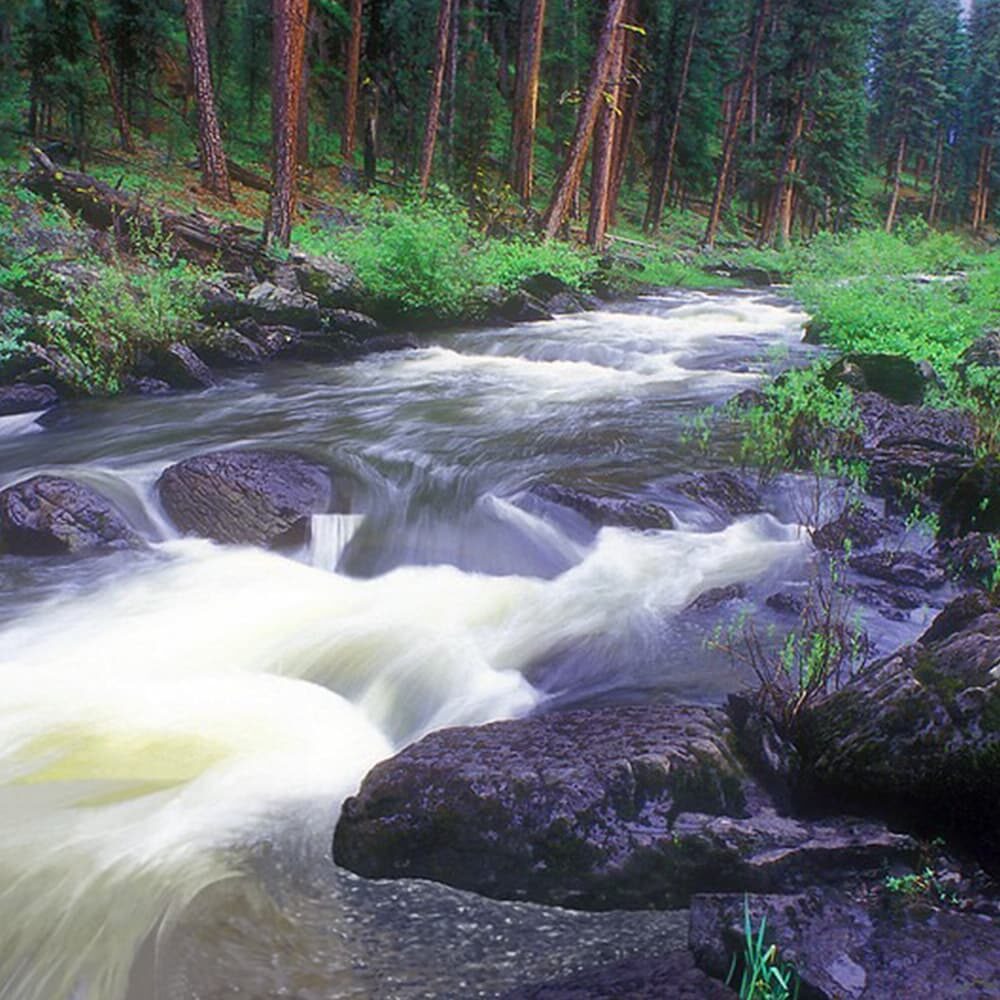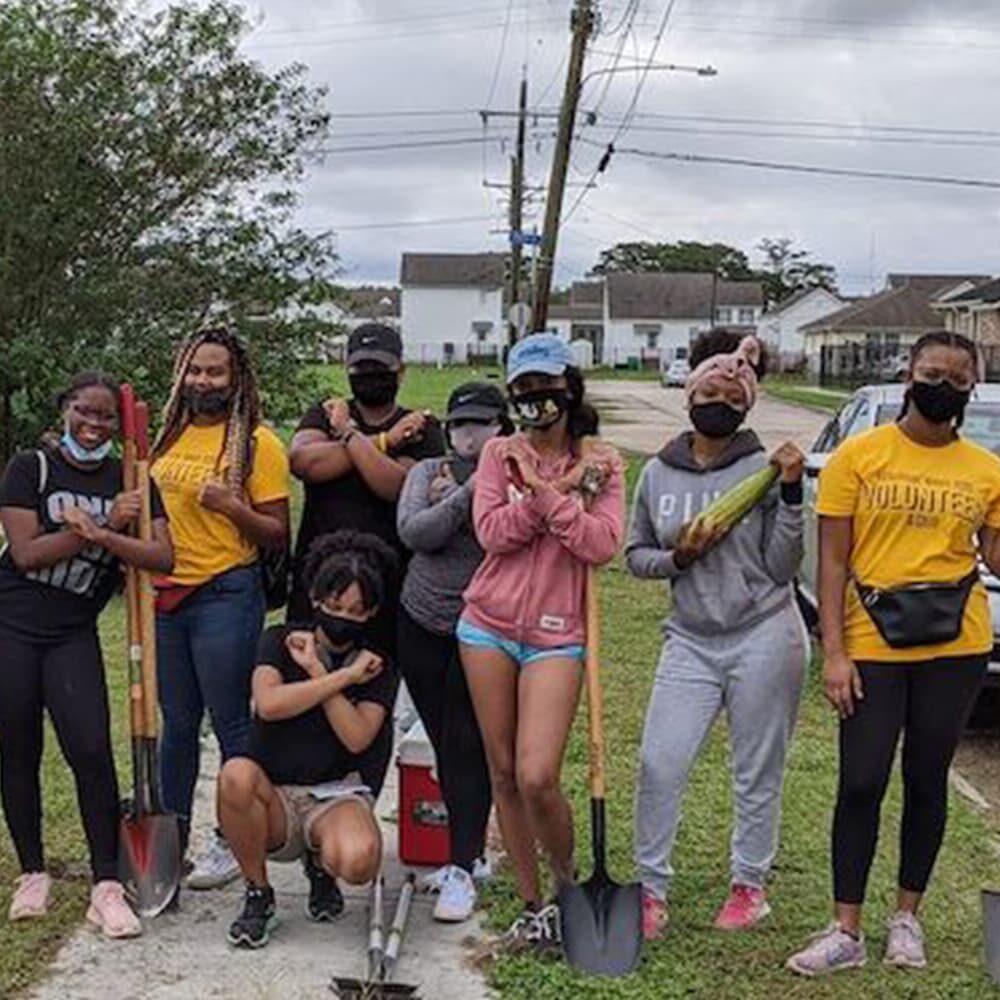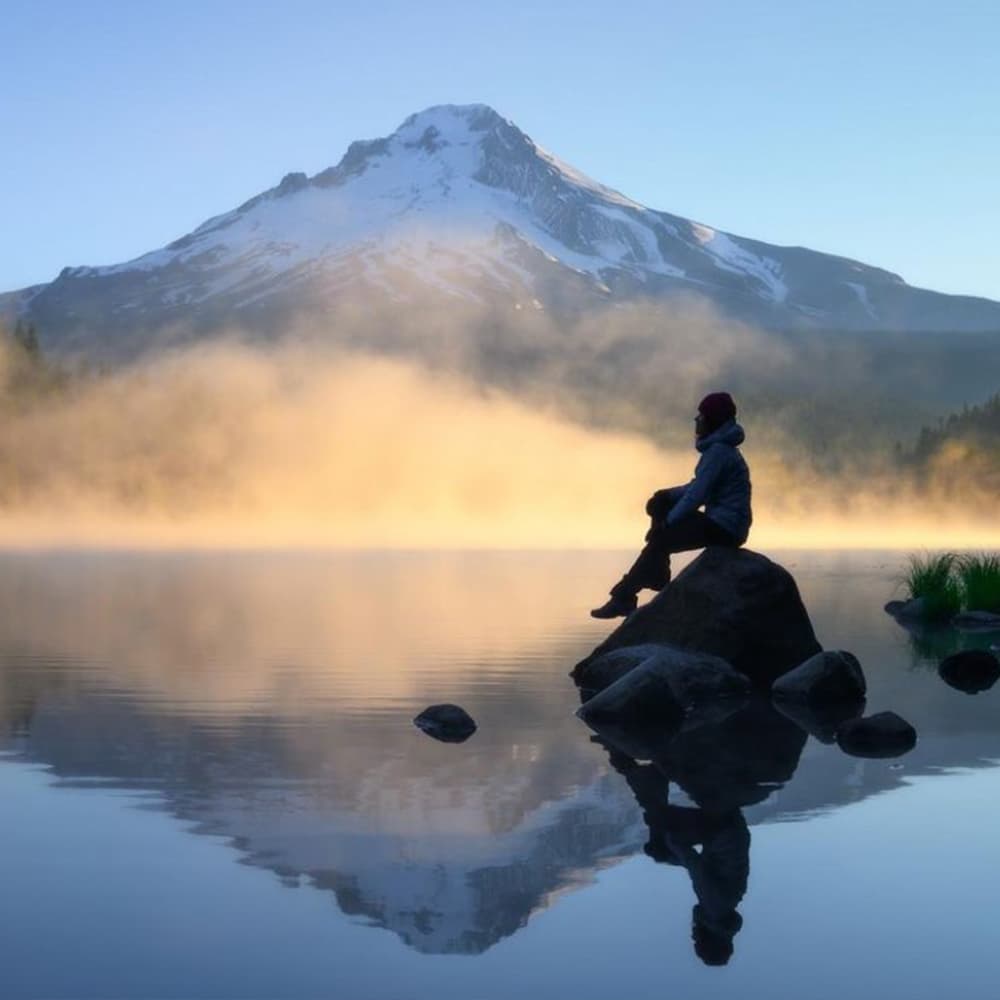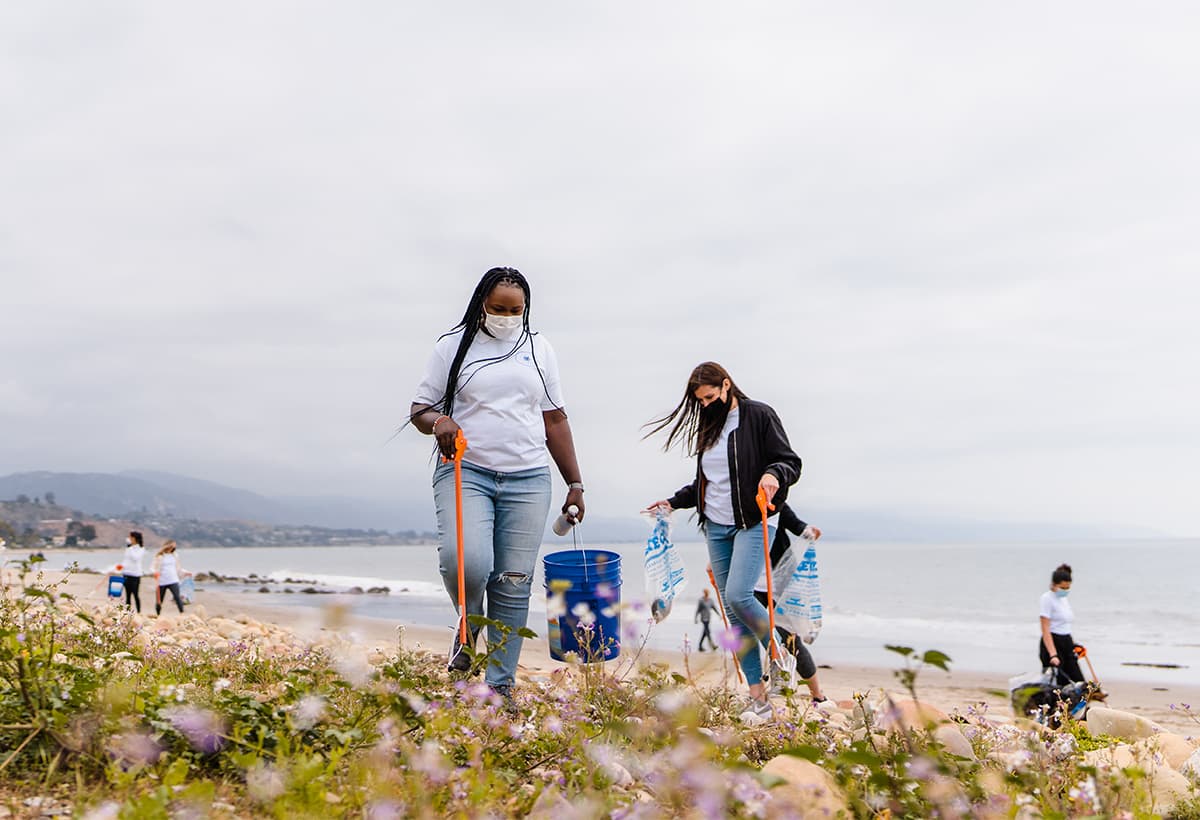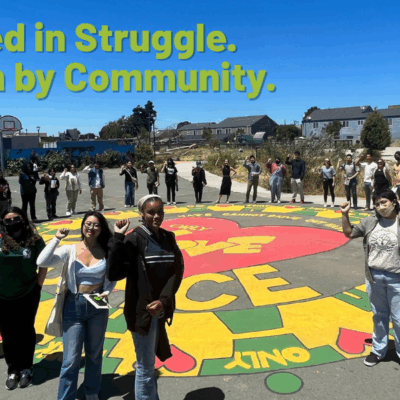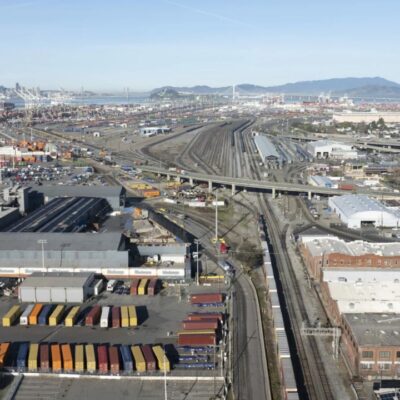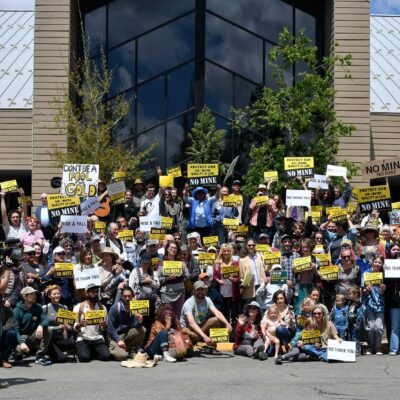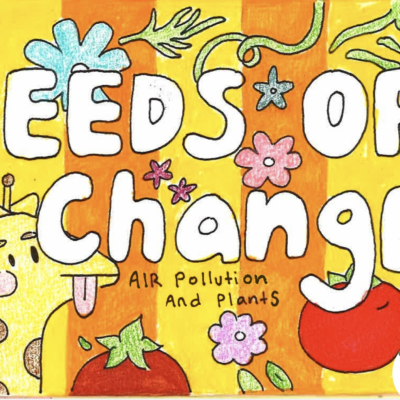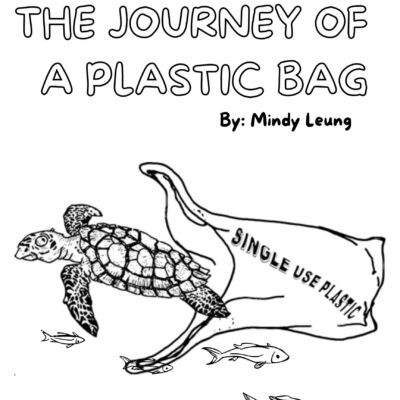Environment. Justice. Community. Rose.
Join us in advancing the people, ideas, and initiatives that propel communities forward.
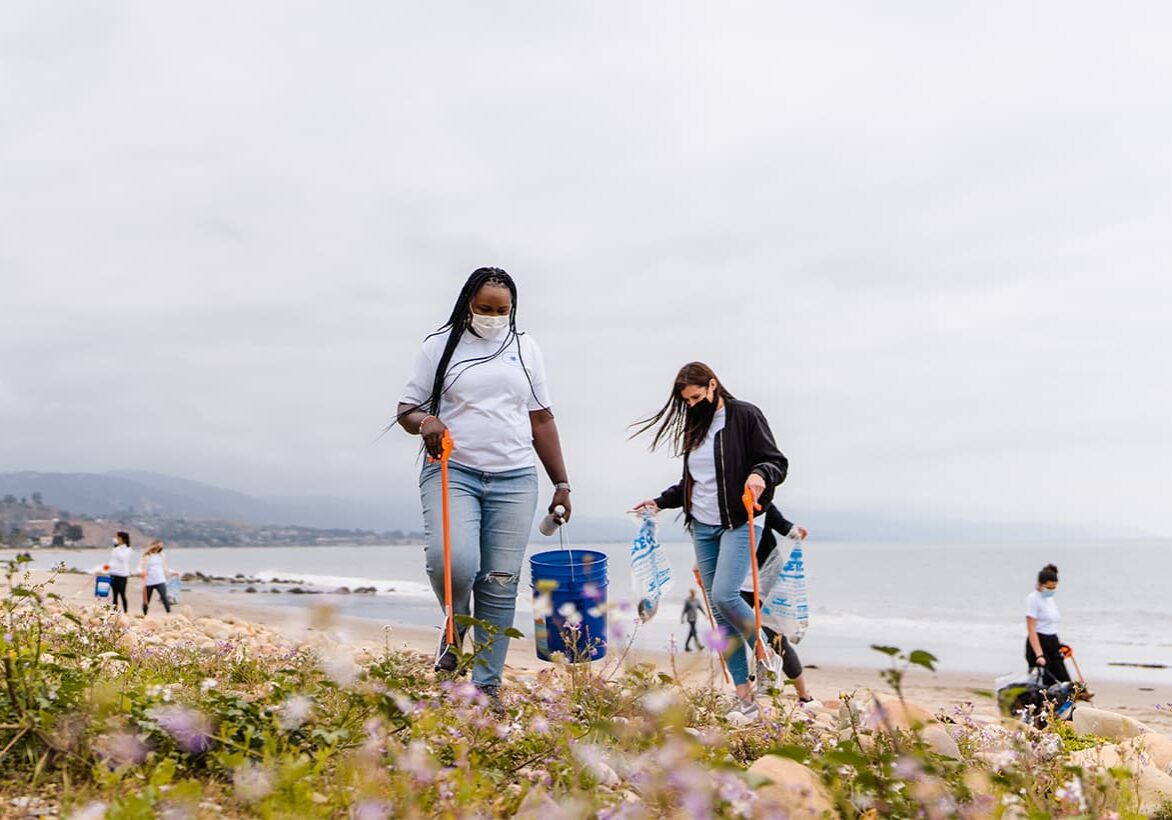
How We Mobilize Action
Rose’s programs are united by the belief that those closest to the problem are the most equipped to solve it. By redirecting resources to groups representing marginalized populations, we build power where meaningful change originates.
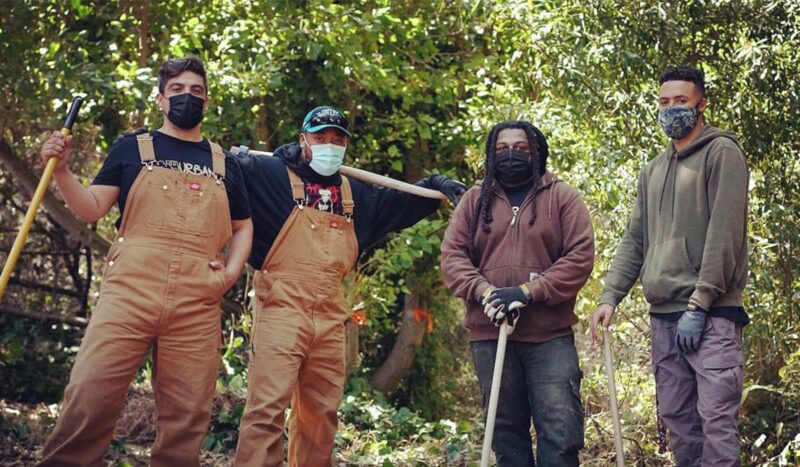
Directing Remediation Payments Back to Affected Communities
Rose works with the legal community to channel restitution funds back to impacted communities. As the trustee for over 600 such funds, we maximize their reach and impact to protect watersheds, ensure clean air, and mitigate pollution, such as toxins and pesticides. Our extensive field network enables us to reach grantees delivering the greatest benefits to vulnerable populations.
Success Stories
From local projects to nationwide initiatives, meet the makers of community change.
Local Roots. National Reach.
Rose distributed $7.6 MIL across 22 funds in 2023. The grants we made represented small grassroots grant making, mitigation-powered funds, and donor advised giving.
The number of next generation environmental leaders who are nurtured through touchpoints with our New Voices Are Rising program each year.
The Latest
Stay Connected
Change is happening! Receive updates on grantee successes, upcoming grants, and opportunities to make a difference. Join our community and be a vital part of the environmental justice movement.
